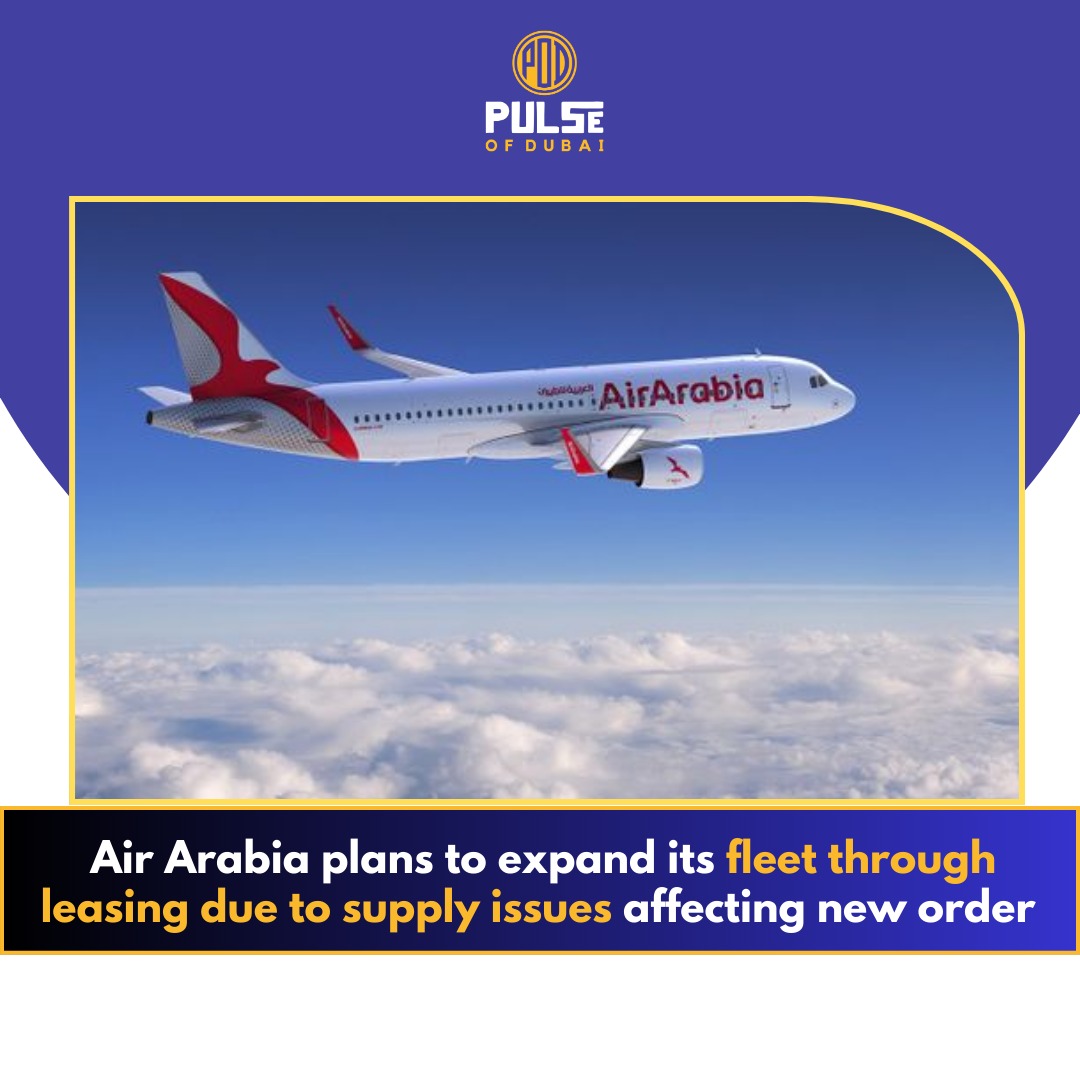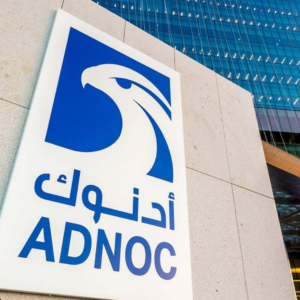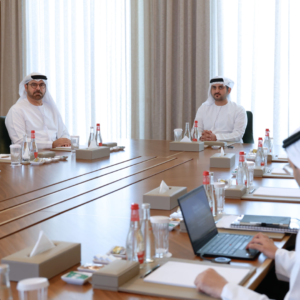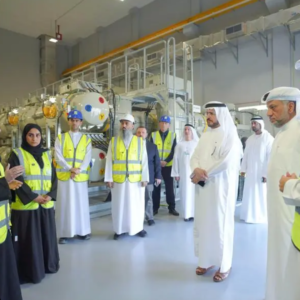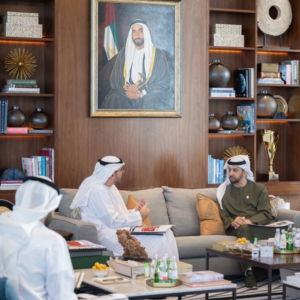Amidst the challenges posed by supply chain disruptions impacting new aircraft purchase orders, Air Arabia, a leading low-cost carrier based in the Middle East, has opted to expand its fleet through aircraft leasing.
Air Arabia’s decision to enlarge its fleet through leasing reflects a strategic response to the current market dynamics, where supply chain constraints, exacerbated by factors such as the global semiconductor shortage and production delays, have significantly hindered the timely delivery of new aircraft. By turning to leasing, the airline aims to circumvent these challenges and continue its growth trajectory.
Leasing aircraft offers several advantages in the current operating environment. Firstly, it provides Air Arabia with the flexibility to quickly acquire additional capacity without being constrained by production delays or order backlogs. This agility is particularly valuable in the dynamic aviation industry, where demand patterns can fluctuate rapidly, necessitating swift adjustments to fleet size and composition.
Moreover, leasing allows Air Arabia to mitigate the financial risks associated with outright aircraft purchases. Leasing agreements typically involve fixed monthly payments over a specified term, providing the airline with greater predictability and control over its operating costs. This is particularly pertinent in uncertain times, where economic volatility and unforeseen disruptions can impact cash flow and profitability.
Furthermore, leasing enables Air Arabia to access a diverse range of aircraft types and models, tailored to its specific operational requirements. This flexibility allows the airline to optimize its fleet composition based on factors such as route networks, passenger demand, and fuel efficiency, thereby enhancing overall operational efficiency and competitiveness.
Additionally, leasing aircraft can expedite Air Arabia’s fleet expansion plans, allowing the airline to capitalize on emerging market opportunities and meet growing passenger demand. In an industry characterized by intense competition and evolving consumer preferences, the ability to quickly deploy additional capacity can be a strategic differentiator, enabling Air Arabia to capture market share and strengthen its position in key markets.
Overall, Air Arabia’s decision to enlarge its fleet through aircraft leasing underscores its proactive approach to navigating the challenges posed by supply chain disruptions. By leveraging leasing as a strategic tool for fleet expansion, the airline seeks to maintain its growth momentum, enhance operational flexibility, and capitalize on emerging opportunities in the global aviation market.

